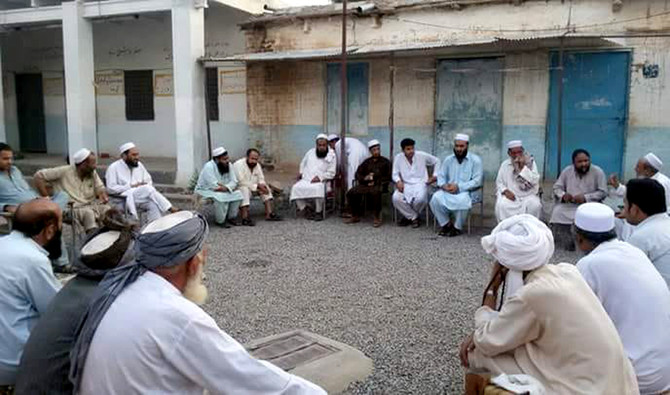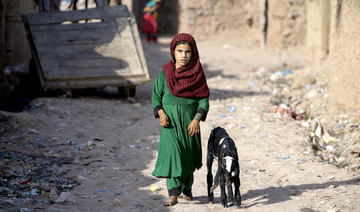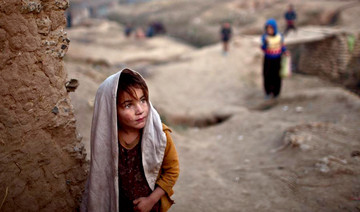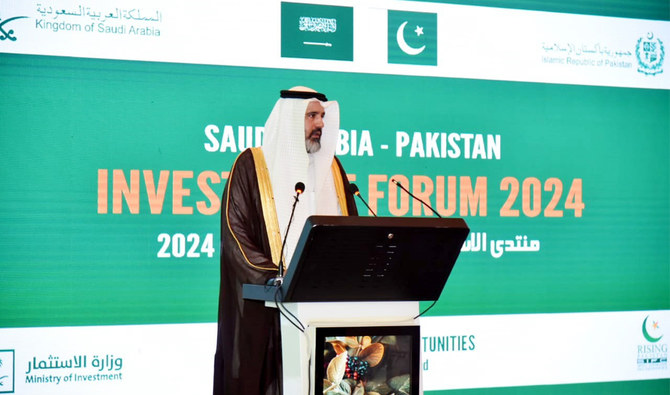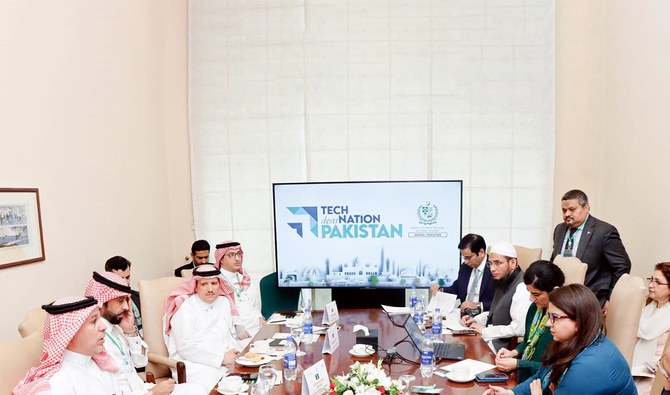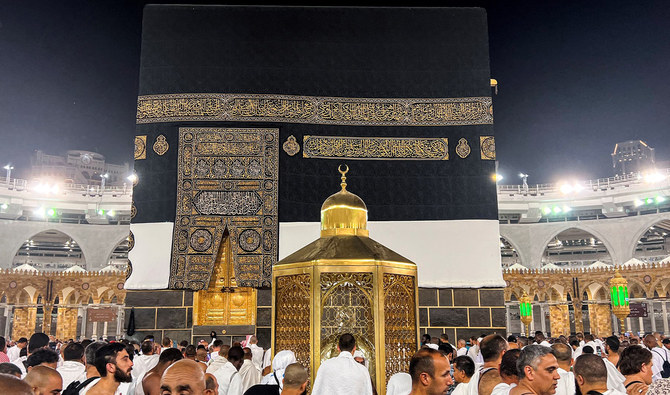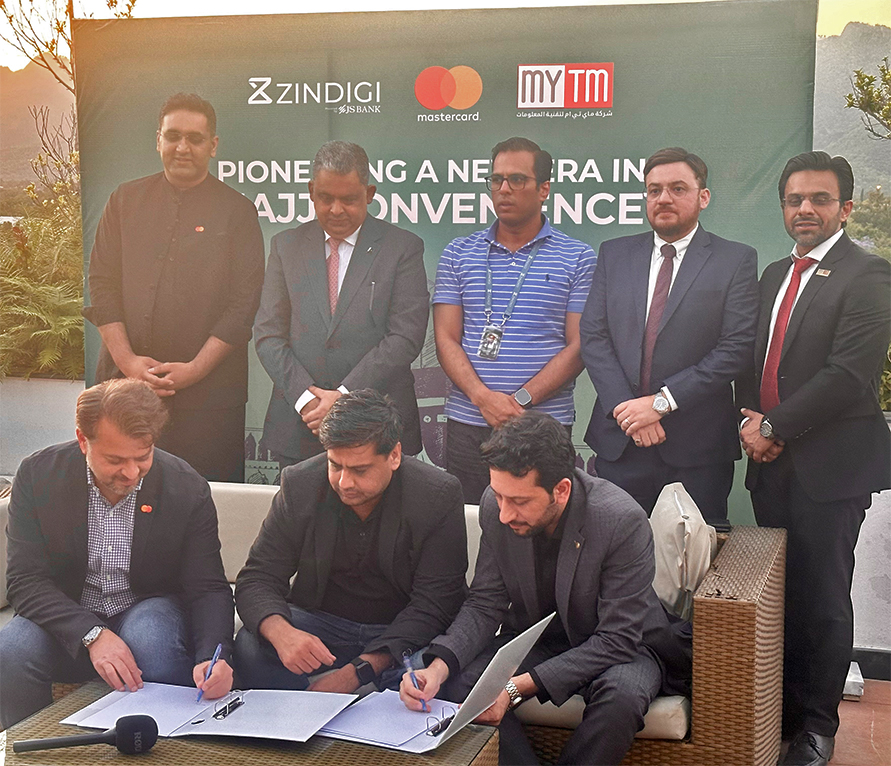PESHAWAR: Selling dry fruits from his small roadside kiosk in the Pakistani city of Peshawar, Muhammad Agha is not too hopeful about the parliamentary elections taking place today in his home country of Afghanistan.
“I polled my vote in the last presidential ballot held back in 2004 but things have not improved since then,” said the 54-year-old.
Thousands of Afghan voters like Agha, living in Pakistan as refugees, are not voting in the Afghan parliamentary elections. While speaking to Arab News, several Afghan refugees in Pakistan felt their primary concern, law and order in Afghanistan, has not been addressed by successive governments.
Khan Muhammad 39, an Afghan refugee and representative of Nowshera refugees’ camp, said he wished the Afghan government would have an alternative for the refugees to take part in the nation-building process.
“Look, I’ve been here (Pakistan) for the last 16 years and am looking at parliamentary and presidential elections taking place in my country. Afghans didn’t get any good return of casting vote while risking their lives by going to polling stations,” he rued.
Nearly 1.4 million Afghan refugees are currently living in Pakistan, according to UNHCR. The Pakistan Government claims that, in addition to the registered refugees, there are another half a million unregistered Afghan refugees in Pakistan.
In the past, both governments worked out mechanisms to allow for Afghan refugees living in Pakistan to cast their ballot. However, that is not the case in these elections.
“There is no such thing (polling facility for Afghan refugees) in Pakistan. There is no such agreement with Afghanistan,” Fazl-e-Rabi, director repatriation Afghan Commissionerate in Peshawar, told Arab News. Rabi said the Afghan Government made no such request this time around.
In fact Pakistan’s government on Friday said it had closed the gates along the Pakistan-Afghanistan border for two days, at Kabul’s request, to ensure its parliamentary elections run seamlessly. A Taliban attack in Kandahar city on Thursday, killing two top officials, had triggered heightened security concerns.
Millions of Afghan families migrated to Pakistan after the 1980s Afghan war against the former USSR. However, after the US onslaught of Afghanistan that followed the toppling of the Taliban regime back in 2001, thousands of Afghan families repatriated to their home country but many preferred to stay in Pakistan because they had established their lives in the country.
Pakistan has often attempted to repatriate the refugees living in the country, but continues to extend their legal status, as the situation in Afghanistan remains volatile.
Government data shows that Pakistan has a total of 63 camps established for registered Afghan refugees, with 43 in Khyber Pakhtunkhwa, 10 in Balochistan and as many in Punjab provinces. But only a third of the total refugees in the country live in these camps. An estimated 68 percent live in other areas.
Wahid Ullah, another Afghan refugee who works as a social animator with the Afghan commission in Peshawar, said he sees no enthusiasm among Afghan refugees with regard to elections in their home country.
“Let me very frankly tell you that it doesn’t impact the Afghan ballot if we cast our vote or not. What have Afghans achieved by exercising their right for years now in Afghanistan?” he asked.
Hajji Tahir, an Afghan refugee and a school principal in Peshawar, recognized that Afghan refugees living in Pakistan are deprived of their right to vote, and it could have an impact on the Afghan ballot process for one reason or another.
“But I’m really pessimistic that vote culture will not bring any sort of security or stability to my country. We are fine without casting our vote but what we want is durable peace in our country,” he noted.
Far from his home country, Muhammad said that he and other refugees only wish peace and tranquility prevail in Afghanistan.


